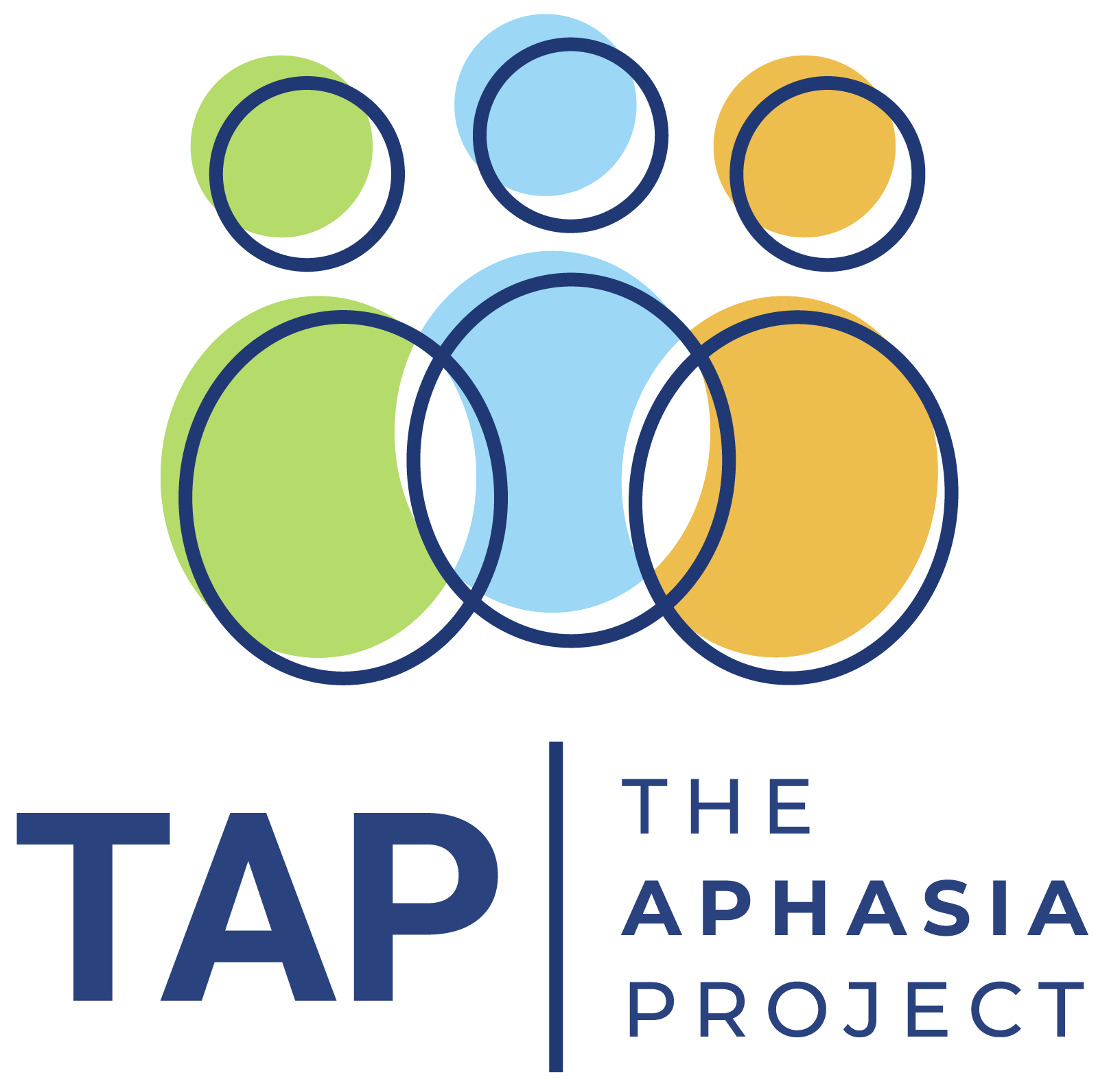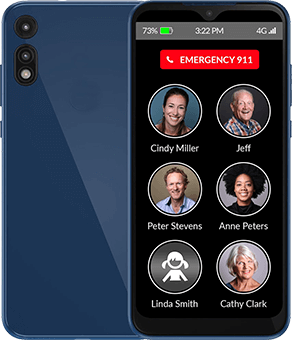It is fair to say that we all have a new appreciation for “connection” following a challenging 2 1/2 years of isolation and disengagement. It has always been TAP’s mission to find avenues for connection and reduce the all-to-common feelings of social isolation after a diagnosis of aphasia. It is exactly why our organization shifted to serve in Feb/March of 2020, offering a TAP@Home program in lieu of the in-person groups and trainings that we had become accustomed to. This transition had TAP staff and group leaders learning how to use Zoom and other technologies to provide language and communication practice, assess progress and educate families about aphasia. Most clients and carepartners surprised themselves with their proficiency to “jump online”, share stories and even change backgrounds. Opportunities to discuss movies, “travel” the globe, participate in conversations and sing-alongs were just a sampling of the Zoom experience for TAP clients.
All of this being true, it does not diminish the fact that aphasia can make it very difficult to use technology since language is so much a part of every device or app. Technology is a broad category and can include voice activated systems (i.e. Alexa/Siri), speech/language devices, computers (ie. PCs and laptops), ipads/kindles, etc. … oh, and of course what we call carry with us at all times…our PHONES! Individuals with aphasia typically want, and deserve, access to this “mini-computer” / smartphone and may have little difficulty navigating the different apps, surfing the web or connecting people with texts/phone calls. While others with aphasia, from stroke/TBI/progressive disease processes (i.e. PPA) will struggle with the complexity of a smartphone and end up isolated further by this challenge.
As a Speech Pathologist with a passion for serving adults with neurogenic communication impairments, I am constantly attempting (though not always succeeding) to stay abreast of the latest technology to increase my clients’ independence and ability to connect. This feels impossible with the almost weekly updates, new apps, etc. that appear as “the latest”! At TAP, we aim to share these advancements through our newsletters, Facebook page and within our groups and so appreciate personal recommendations from families who try and like these tools.
This afternoon I am sharing a brand new technology that I learned about this weekend. While I acknowledge there are likely many more tools out there and ones popping up as quickly as you read this … it is a tool that I wish was available during the decade my mom had aphasia. It’s a phone … but so much more. Check it out. https://www.razmobility.com/solutions/memory-cellphone/
It’s called the RAZ Memory Cell Phone with Remote Manage. I saw this presented by a SLP who works primarily with dementia. Her tiktok video
Would love to know what you all think about this technology. Thank you Adria Thompson for your continued commitment to educating people about memory disorders and dementia. Know that it helps many with intact intellect and memory, but with language impairments such as those with aphasia!

